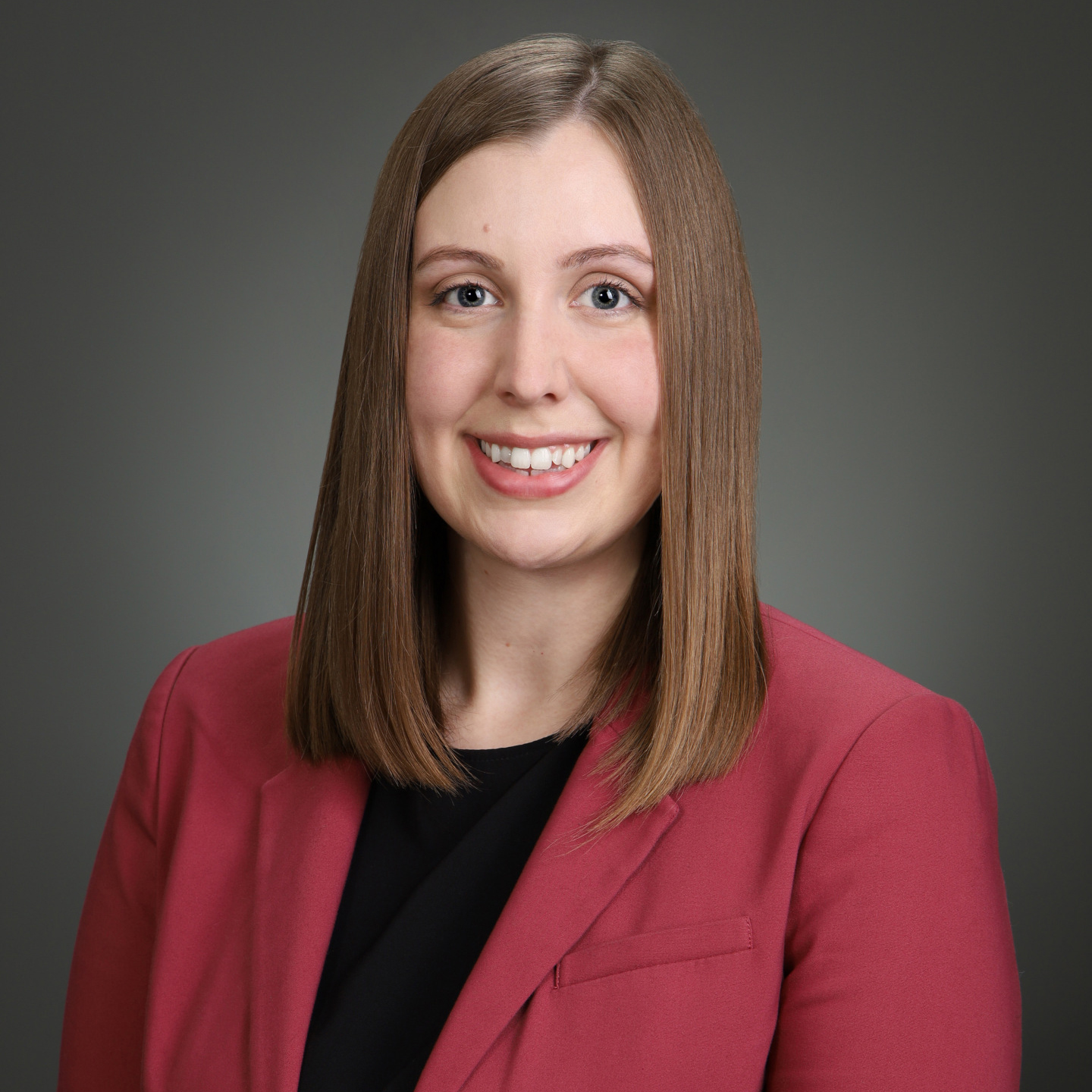Alexa Thompson wins prestigious Izaak Walton Killam Memorial Scholarship
A passion for health equity leads PhD candidate to assess new prenatal hepatitis C virus (HCV) screening and linkage-to-care programs, and evaluate a novel HCV testing strategy among socially disadvantaged patients.

Alexa Thompson is a PhD candidate in the Department of Laboratory Medicine & Pathology in the Faculty of Medicine & Dentistry at the University of Alberta. She recently won an Izaak Walton Killam Memorial Scholarship — the most prestigious graduate award administered by the U of A. Thompson accepted the Killam scholarship as an honorarium because she is also a 2022 winner of the Canadian Institutes of Health Research (CIHR) Vanier Canada Graduate Scholarship, one of the top awards in Canada, bringing $150,000 over three years.
We recently caught up with Thompson to learn more about her and her doctoral research.
What inspired you to study medicine?
My inspiration to study in the public health field originated through a health-equity lens, where I was always curious about why different communities and populations have inequitable access to health care. I grew up in a small rural Nova Scotia town where access to many health-care services was limited. My upbringing motivated me to learn more about ways I can improve patients’ well-being and streamline processes to achieve positive health outcomes. Diving head deep into health-care services research ended up being the perfect fit to satisfy my curiosity.
If you were talking about your research to family or friends who don’t work in your field, how would you describe it?
Hepatitis C (HCV) is a virus that likes to live in blood and can cause severe liver issues if left untreated. Although there are effective drugs that can cure HCV, many people do not develop symptoms until decades after they get the virus, and as a result, remain unaware of their infection. Diagnosing people early is therefore important to ensure treatment before liver issues occur.
However, women in Alberta are less likely to be diagnosed and treated for HCV compared to men. This finding is especially concerning because HCV can be passed from a mom to her baby during pregnancy. Additionally, people who inject drugs, incarcerated individuals, and those who are low income are overrepresented among HCV-positive patients, yet are less likely to be treated and cured of their infections in Alberta.
My research aims to assess new HCV screening and linkage-to-care programs for pregnant women in Alberta and evaluate if a novel HCV testing strategy improves health outcomes among socially disadvantaged patients. I expect my research to help close some of the gaps for accessing HCV testing and treatment across Alberta and provide evidence-based data to update HCV health policies.
What led you to this area of research? What problem do you hope it will solve?
I developed an interest in the intersection of infectious diseases and social determinants of health after moving to Edmonton for my undergrad. Immersing myself in medical microbiology and immunology courses helped expose me to a whole new world I was previously unaware of. I ultimately chose to focus on HCV after somebody close to me was diagnosed with chronic hepatitis early on in their life. After seeing people in my immediate family go through pregnancy complications, I became drawn to research in pregnant individuals, and the health-equity lens I like to wear pushed me towards incorporating disadvantaged populations into my research as well. Putting it all together, I ended up finding the perfect PhD project for me.
Ultimately, I hope my research shows improvement in the effectiveness and efficiency of HCV diagnostic and referral programs, leading to improvements in downstream health outcomes. Not only would this help identify and treat more HCV infections in Alberta, but improving screening criteria and turnaround times would provide a more holistic experience for patients as they go through the cascade of care.
What does it mean to you to be awarded the Izaak Walton Killam Memorial Scholarship?
Winning a Killam Scholarship truly means so much to me. It is an honour to be recognized for my research contributions at the highest level within the University of Alberta. Graduate school often makes me question my own abilities and adequacy, so it is extremely encouraging to have a form of validation and reassurance that I am worthy of all these opportunities. I hope I can inspire other students from rural upbringings or low-income communities, and other women researchers that they too are capable of achieving success in academic settings.
When do you hope to complete your PhD?
I am on track to complete my PhD in 2025. While it still seems so far away, the first three years of my PhD went by so fast! I imagine the rest of my doctoral studies will progress just as quickly. Since my research includes following up cohorts of HCV-positive patients throughout their entire cascade of care (from diagnosis to treatment to cure), my doctoral timeline is definitely more of a marathon than a sprint. But it provides me with years of valuable experience and is so meaningful to me, so I wouldn’t trade it for the world.
Where do you see yourself in five years?
After completing my PhD, I hope to work in health policy for the government or a non-profit organization, with an emphasis on supporting policies surrounding women and children’s health and/or marginalized populations. Wherever I end up, I would love to continue engaging with stakeholders on important health issues and ensuring patient interests are being put at the centre of health policy efforts and practice.